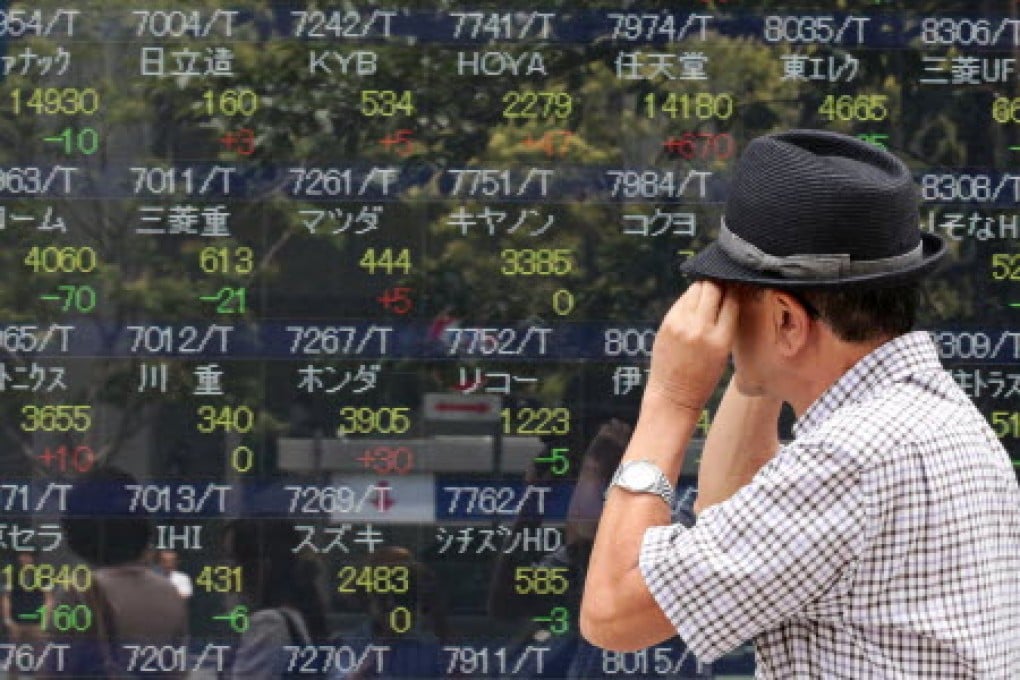A reforming Japan can spur regional integration
Simon Tay says Abe has to keep his focus on the economy, not politics

Sunday's election in Japan delivered victory for the Liberal Democratic Party coalition and a clear endorsement for Prime Minister Shinzo Abe, paving the way for bold changes.
Will Abenomics continue? What could a resurgent Japan mean for others in Asia? Optimism is palpable. Since Abe came into office late last year, the economy has grown and the stock market has hit new peaks. This has been driven by stimulus - with the Bank of Japan's quantitative easing and increased government spending as the first and second "arrows" of Abenomics.
There will be no return to the days when Japan invested in Asean for cheap land and labour
Now, however, comes the third and hardest part: structural reform and increasing productivity. Priorities include bringing women into the workforce, educational reform, emphasising innovation and cutting red tape. Financial consolidation and raising tax revenue is also critical, given the high level of public debt.
None of this is easy, and will be resisted by vested interests.
There is also suspicion that Abe's true ambitions are not economic reform but to raise Japan's security capacity. Pursuing such ambitions will dissipate Abenomics and should be resisted. Any Sino-Japanese turbulence can negatively affect Asian co-operation.
Much will depend on American policy. But others in Asia will do well to tell Tokyo clearly that tensions are not appreciated. The present need is for dialogue on financial policies.
Asians should also keep encouraging Abenomics, through economic agreements - the US-led Trans-Pacific Partnership and the Regional Comprehensive Economic Partnership, which is centred on Asean and brings in all major Asian countries. Tokyo is a key player, given that the US is not in the latter grouping, and China now stands outside the former.